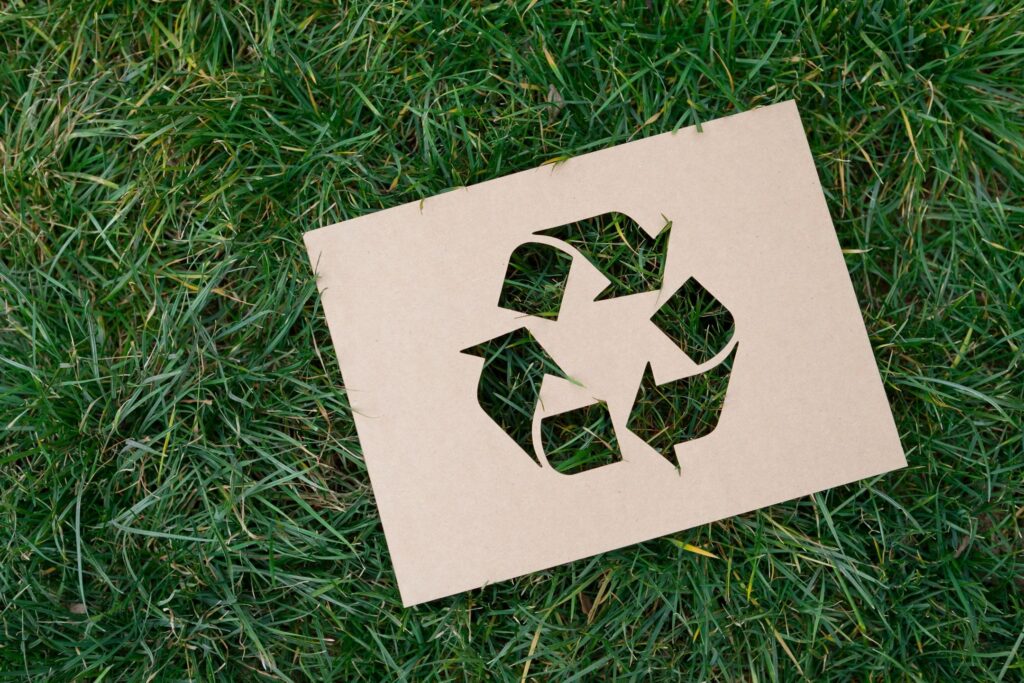Contents
Assessing Your Waste
Before establishing a recycling program, it is crucial to conduct a waste audit to understand the types and quantities of waste generated by your company. Analyze the composition of your waste streams, including paper, plastic, glass, metals, and organic waste. This assessment will guide your recycling program design and target areas with the highest potential for emissions reduction.
Designing an Effective Recycling Program
Developing an effective recycling program requires careful planning and consideration. Follow these steps to design a program that aligns with your company’s goals:
- Identify recyclable materials: Determine which materials can be recycled and establish collection systems for each material stream.
- Provide recycling bins: Place clearly labeled recycling bins throughout your facilities, making it easy for employees to sort and dispose of recyclable materials.
- Educate and engage employees: Conduct training sessions to educate employees about recycling practices, the importance of waste reduction, and proper sorting techniques.
- Collaborate with waste management partners: Partner with reputable waste management companies that have recycling capabilities and ensure that collected materials are properly processed and recycled.
Reduce and Reuse
To maximize the impact of your recycling program, focus on waste reduction and reuse strategies:
- Encourage digitalization: Promote the use of digital documents and email communication to reduce paper waste.
- Implement a paperless office policy: Use double-sided printing, recycle printer cartridges, and set printers to default to black-and-white and draft mode.
- Introduce reusable alternatives: Replace single-use items, such as plastic cups and utensils, with reusable options in break rooms and cafeterias.
Partner with Recycling Facilities
Establish partnerships with recycling facilities that specialize in processing the materials collected through your program. Ensure that these facilities have robust recycling processes in place to maximize the value and environmental benefits of the recycled materials. Consider local recycling facilities to reduce transportation emissions associated with waste disposal.
Measure and Track Progress
Utilize your carbon accounting application to track the emissions reductions achieved through your recycling program. Regularly measure the volume of waste diverted from landfills, the amount of materials recycled, and the emissions saved through recycling activities. Monitoring progress helps identify areas for improvement and provides valuable data for reporting on your sustainability achievements.
Communication and Employee Engagement
Effective communication is vital to the success of your recycling program. Raise awareness among employees about the program’s goals, benefits, and proper waste sorting practices. Share success stories, provide recycling tips, and recognize employee contributions to foster a culture of sustainability and active participation.

